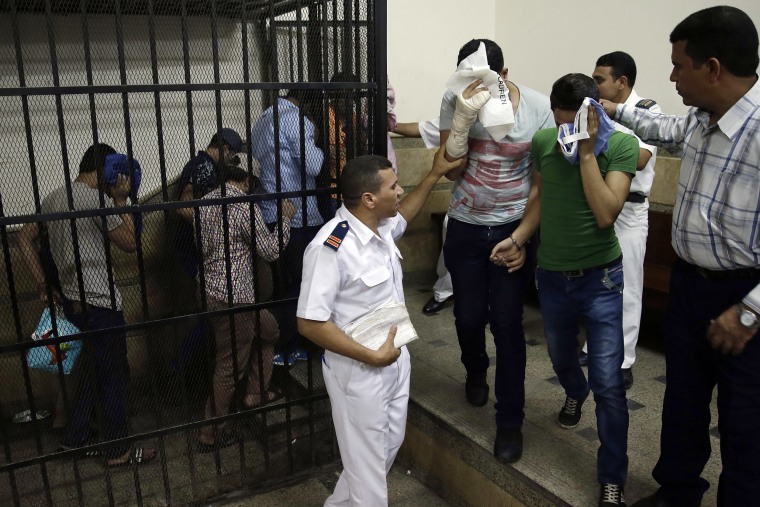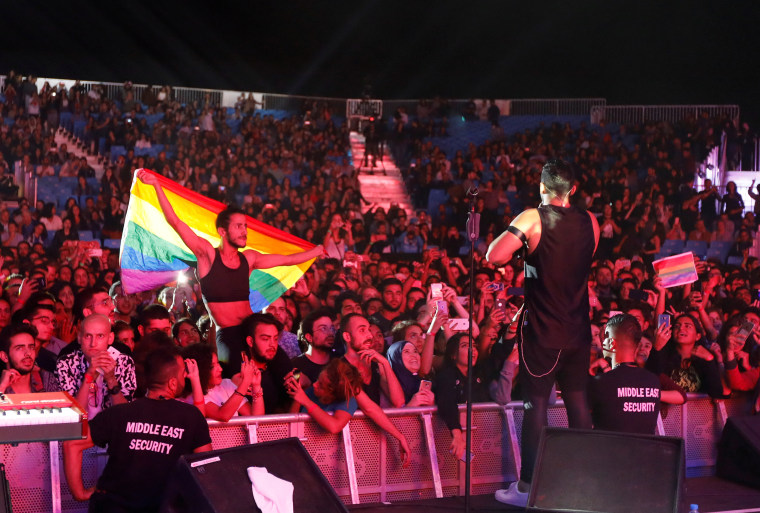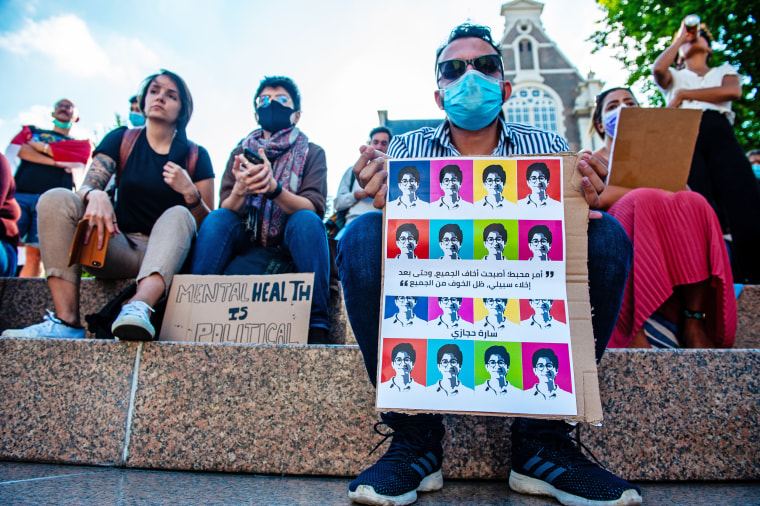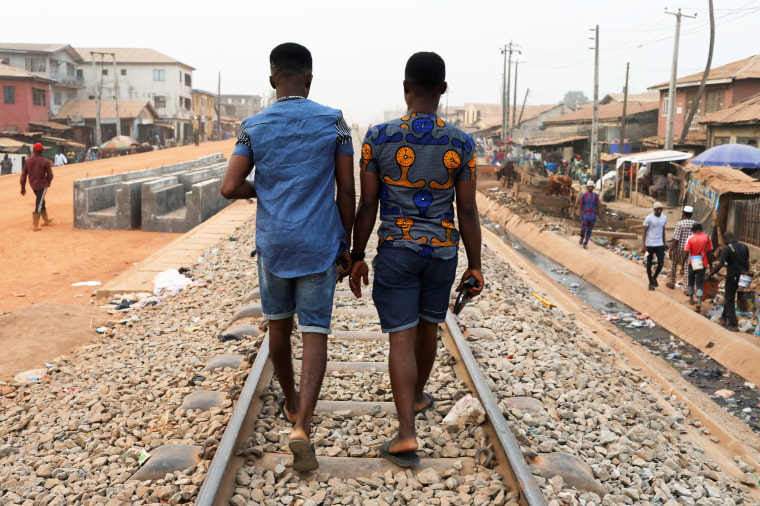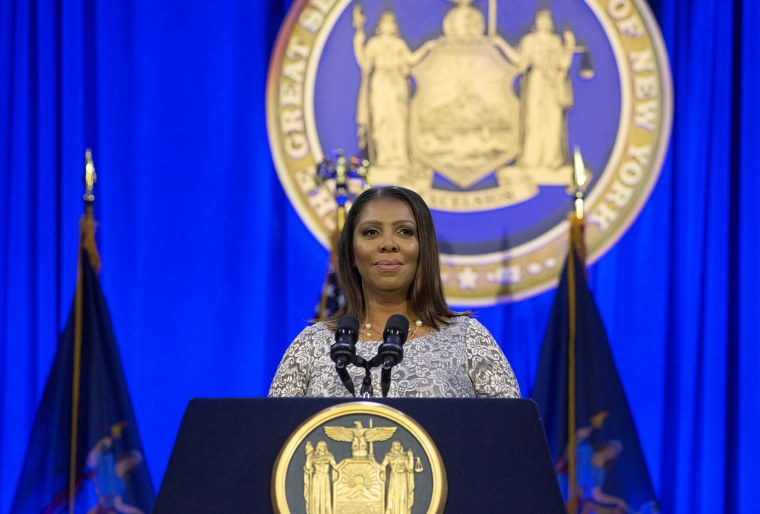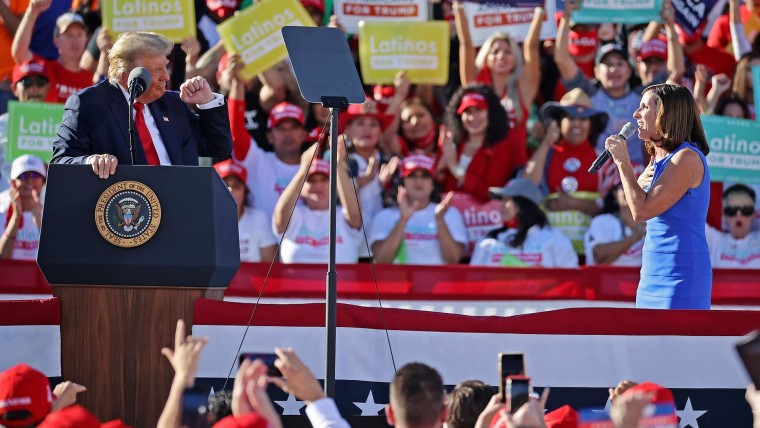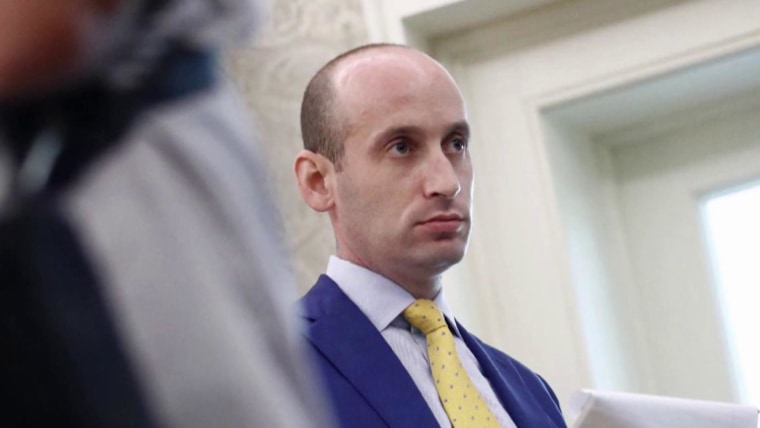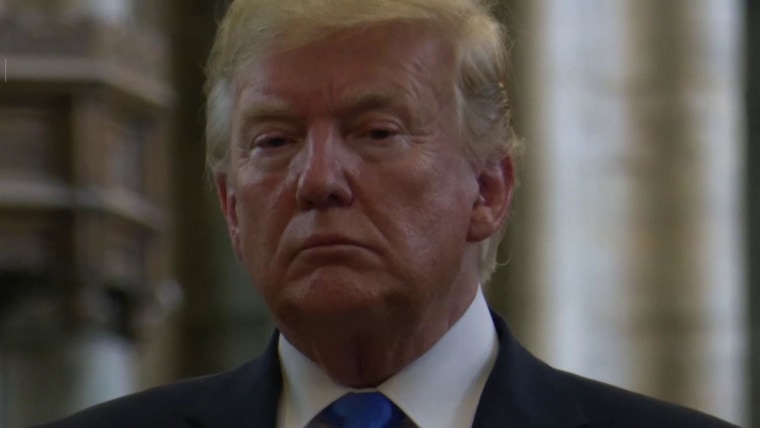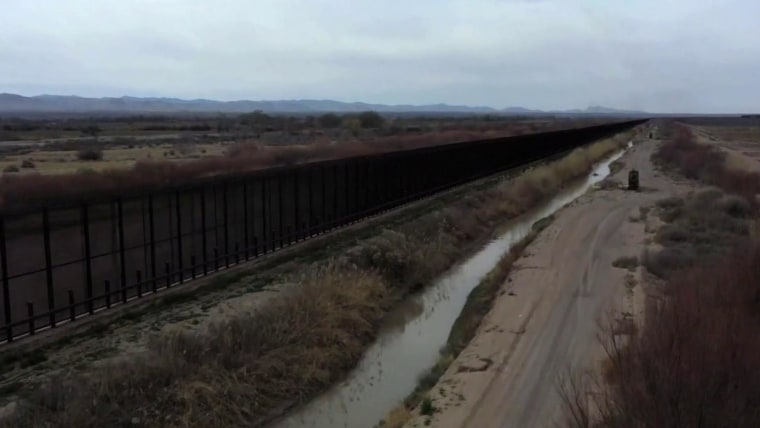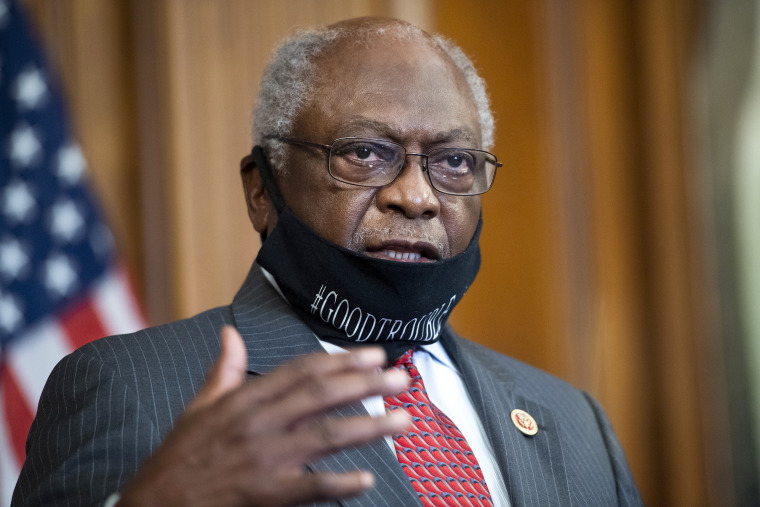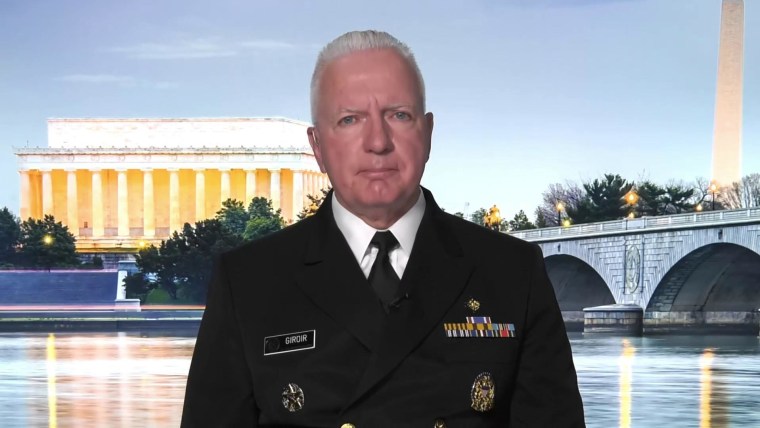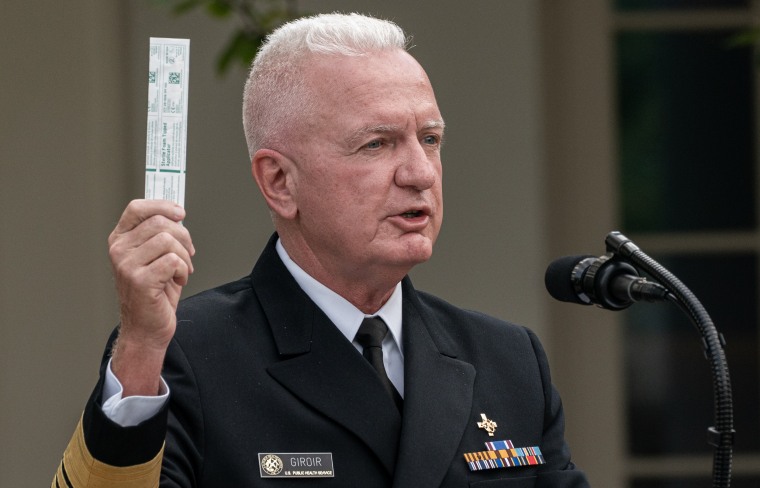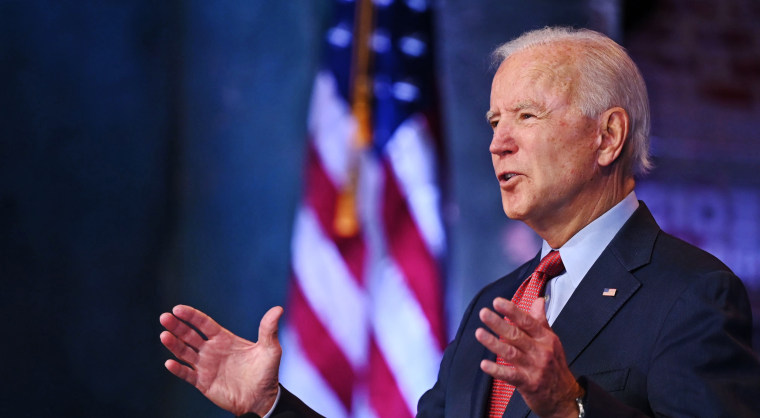The activist group erected the rainbow flags on President Vladimir Putin's birthday to draw attention to his administration’s treatment of LGBTQ people.
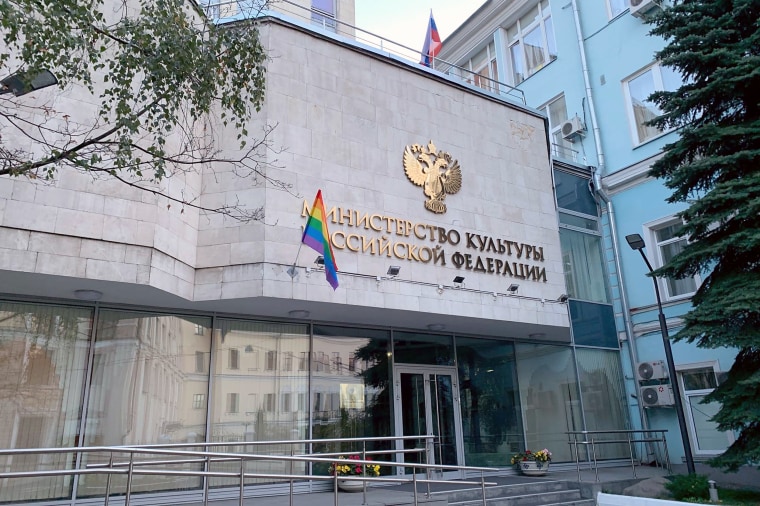
Oct. 9, 2020,
By Dan Avery
At least five members of the punk rock activist group Pussy Riot were detained by Russian police on Thursday, one day after the collective hung rainbow Pride flags on key government buildings in Moscow.
In a Facebook post shared Wednesday, the group said it held the action on Oct. 7, President Vladimir Putin’s birthday, to draw attention to his administration’s poor treatment of Russia’s LGBTQ community.
“It’s important to say thank you on your birthday,” it sarcastically wrote to the 68-year-old leader. “Thank you for your words and deeds.”
The post listed seven demands for the government, including legalization of same-sex relationships, the repeal of Russia’s “gay propaganda” ban and an investigation into the reported kidnappings and killings of gay and bisexual men in Chechnya.
It demanded an end to harassment of same-sex families and organizations advocating for the LGBTQ community and a law banning discrimination based on gender and sexual orientation.
The group also called for Oct. 7, Putin’s birthday, to be declared LGBTQ Visibility Day.
Pussy Riot member Maria Alyokhina told The Independent that the group was able to evade security by dressing as maintenance workers and claiming to be in charge of birthday decorations.
“It was wildly comic, but the message is serious,” she said. “You can’t win by banning love. If you are the person who is smashing the hands of lovers as they walk hand in hand, you’ve already lost.”
Pussy Riot members arrested after their recent protest action - raising rainbow pride flags to mark Putin’s 68th birthday.
The flags appeared at the beginning of working day at the headquarters of FSB (ex KGB), Putin’s presidential administration, Supreme Court, Ministry of Culture and Police.
Pussy Riot said the rainbow flags were birthday presents for the president. They were gifted as symbols of the “lack of love and freedom” in Russia.
This is a video Maria Alyokhina’s arrest - right in the entrance to TV Rain, just before her scheduled TV interview
The group shared photos of members erecting the flags, which they said were symbols of the “lack of love and freedom” in Russia.
“The state should not interfere in the life of the LGBTQ community. But if it does, then the community can intervene in the life of the state,” the group wrote on Facebook.
It called it a “symmetrical response,” referencing a term Putin used in response to the United States military testing a cruise missile in 2019.
The flags were hung in five locations on Wednesday — Putin’s executive offices, the Ministry of Culture, the Supreme Court building, the Basmanny district police station and the headquarters of the Federal Security Service (FSB), Russia’s main security agency and the successor to the KGB.
Pussy Riot called the buildings among “the most important symbols of Russian statehood.”
The following day police detained members on charges of violating statutes about public demonstrations, according to MediaZona, a news site founded by Alyokhina and fellow Pussy Riot member Nadezhda Tolokonnikova.
Alyokhina was arrested outside the studios of independent television channel Dozhd, also known as TV Rain, just before she was scheduled for an interview. Nina Nikulshina was arrested in Taganka and taken to Meshchansky police station, as were Vasily Andrianov and Elizaveta Diederich. Another Pussy Riot activist, Alexander Sofeyev, was taken in after investigators staked out his apartment for more than a day, according to Russian-language site Avtozak Live reports. They managed to get inside after Sofeyev’s landlord opened the door for them.
MediaZona also reported that Radio Liberty journalist Artem Radygin was detained during the flag-hanging at the FSB building.
Pussy Riot, an activist collective and performance art group, was founded in 2011 to promote feminism and LGBTQ rights under the Putin regime.
A year later, the group staged a guerrilla performance inside Moscow's Cathedral of Christ the Saviour. Days later, Alyokhina and Tolokonnikova were arrested and convicted of "hooliganism motivated by religious hatred.” They each spent nearly two years in a high-security prison.Russia’s LGBTQ community has been a frequent target for Putin, who earlier this year mocked the U.S. embassy in Moscow for flying the rainbow flag during Pride month, suggesting it “revealed something about the people that work there.”
Russian voters back referendum banning same-sex marriage
In 2013, the country banned the distribution of "propaganda" that promoted "nontraditional sexual relationships” to minors, which has been used to outlaw Pride demonstrations and pro-LGBTQ publications and organizations. In the run-up to the 2014 Sochi Games, Putin insisted the law “does not harm anyone” and that there is no institutional discrimination against gays in Russia.
In July, Russian voters supported a constitutional amendment defining marriage as exclusively a union between one man and one woman, a measure strongly supported by Putin.
Wednesday’s protest came just days after Russian State media reported authorities were going to start arresting gay men who used surrogates for “baby trafficking,” according to The Independent.


